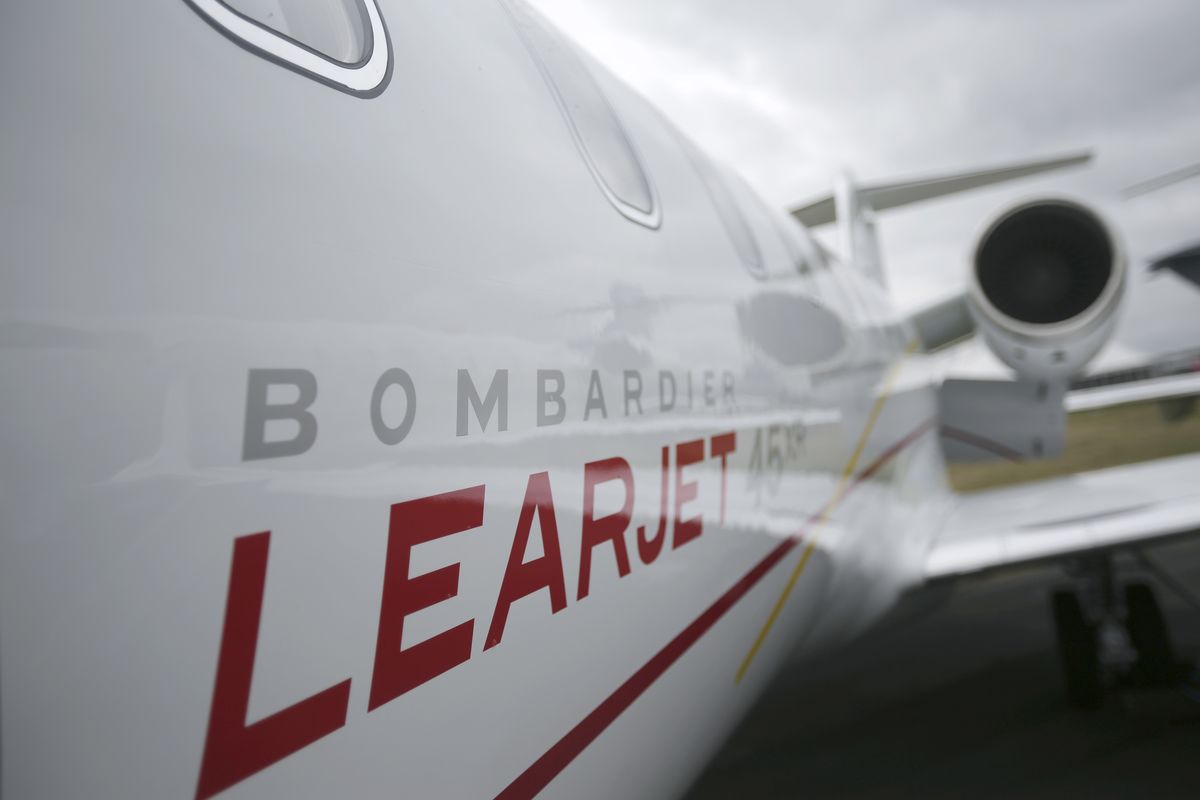With 50 percent of the TFE731-powered Learjets in Australia enrolled with EAP, the company is poised for further international growth based on its responsive service, robust rental engine pool and significant spare parts inventory.

EAP has nearly 275 engines enrolled in its hourly maintenance program and continues to grow at a rapid pace. The company has distinguished itself by having one of the highest ratios of rental engines to enrolled engines in the industry. EAP has purchased an additional eight rental engines in the past eight months alone – a difficult feat given the current scarcity of engines. EAP has invested $15M in engines, APUs and engine parts and routinely offers rental engines to TFE731 customers during MPIs.
EAP has positioned three engines in Australia to support the 29 TFE731 Learjet engines, out of 58 total in the country, it has enrolled on its hourly maintenance program. It plans a similar approach to business in Europe.
“We have exactly 50 percent of the actively flying Learjet engines in Australia enrolled on EAP,” says Sean Lynch, EAP managing director. “Australia is a difficult market to serve given its remote location and limited access to resources. Our success there is a testimony to how strong our support is and an indicator of how we will fare in more open markets. If we can be successful in that challenging climate, we’re confident that we can deliver that same level of support elsewhere. We’re excited to about growing our market share Europe.”
EAP has never had a customer miss a trip because of the lack of a rental engine. EAP covers all variants of the Honeywell TFE731 as well as many models of General Electric, Rolls-Royce and Pratt & Whitney engines. With the recent addition of the CFE738, EAP covers a large portfolio of engine models that power many popular business jets.
“On a recent visit to Australia, a client shared that their mission dispatch reliability was critical, and, prior to EAP, support was hard to find. When they needed rental engines, it took eight weeks for one to arrive. Since they’ve been with EAP, the longest wait for a rental engine was 10 days and for five of those days the engine was held up in customs,” adds Lynch. “So many things can delay a project, and we’ve tried to develop solutions for every one of them.”

